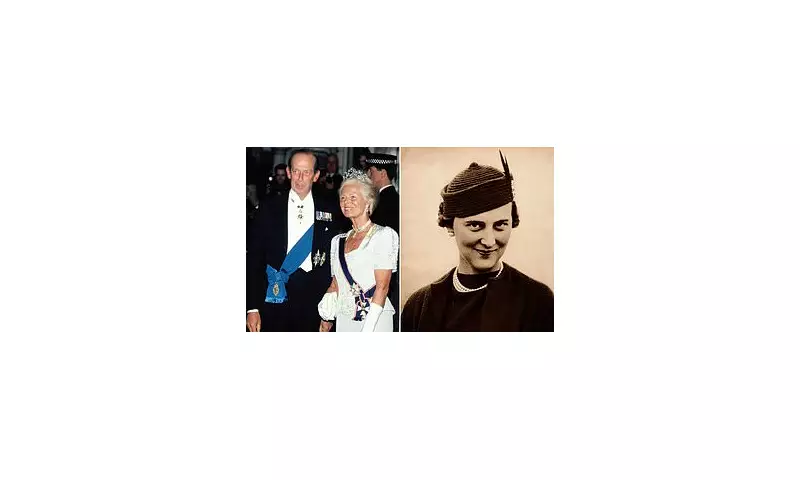
The journey of Katharine, Duchess of Kent, into the heart of the British royal family was anything but a fairy tale. Behind the elegant public appearances and official duties lay a private battle against one of the most formidable figures in aristocratic circles—her mother-in-law, Princess Marina of Greece and Denmark.
An Unwelcoming Reception
Upon her engagement to the Queen's cousin, Prince Edward, Duke of Kent, Katharine Worsley entered a world of intense scrutiny and ancient prejudices. Princess Marina, renowned for her impeccable style and towering social status, was reportedly less than impressed by her son's choice. She viewed Katharine's background, that of a Yorkshire landowner's daughter, as possessing a 'dubious pedigree'—a significant mark against her in the eyes of a woman who valued blue blood above all else.
The Weight of Tradition
Princess Marina, herself born into Greek and Danish royalty, was a figure of immense authority and often described as 'impossibly imperious'. Her standards were exacting, and her manner could be chillingly formal. For the young Duchess, every aspect of her life—from her mannerisms to her public conduct—was subject to intense and critical examination.
A Quiet Resilience
Despite the immense pressure and lack of warm familial welcome, the Duchess of Kent carved her own path. Rather than engaging in public confrontation, she demonstrated a quiet resilience. She dedicated herself to her royal duties with grace and, most notably, became a passionate advocate for music education, later choosing to teach music in a state school—a move that was both unconventional and deeply personal.
A Legacy Defined by Character
The story of the Duchess of Kent is ultimately one of quiet triumph. It is a testament to how she defined her role not through bloodline, but through character, compassion, and a steadfast commitment to her own values, earning widespread public respect away from the shadow of her mother-in-law's imposing legacy.





